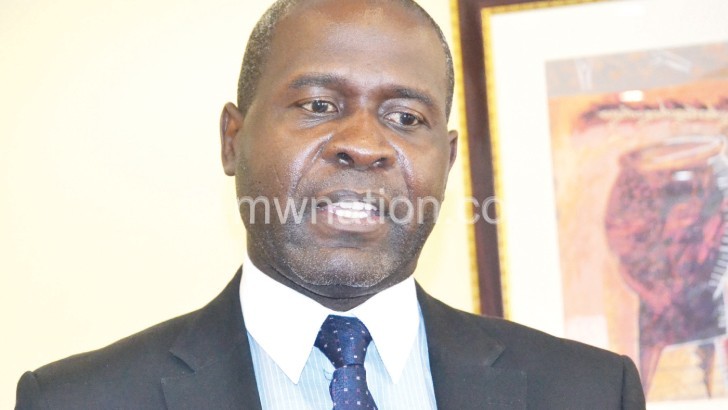Malawi Energy Regulatory Authority (Mera) says fuel importers owe suppliers $59 million (about K63 billion).
Mera chief executive officer Henry Kachaje said this yesterday when Mera met the Parliamentary Committee on Natural Resources and Climate Change to give an update on the fuel situation.
He said some suppliers are refusing to release fuel until letters of credit are issued.
Kachaje said sourcing forex remains a challenge, but the country requires $60 million to meet the monthly demand for fuel.
Going by these estimates, it means government requires at least $720 million annually for fuel imports alone, yet tobacco, the country’s biggest foreign exchange earner, rakes in about $200 million.
Said Kachaje: “On average, $40 million is what is accessed per month and in some months, the country is only able to secure $20 million for fuel imports.”
He, therefore, could not commit as to when the fuel challenges will end, saying the problem is beyond Mera, National Oil Company of Malawi (Nocma) and Petroleum Importers Limited (PIL).
Kachaje observed that the fuel imports financing has worsened due to suspension and non-availability of the Trade and Development Bank (TDB) facility in August last year.

He said the facility was a revolving credit of $90 million with a turnaround of 90 days and it helped facilitate imports of $360 million per year.
Kachaje added that the country’s strategic fuel reserves remain depleted, and it becomes a challenge to ensure fuel availability when there are logistical problems.
However, he said negotiations are underway with the TDB for a fuel importation facility of $100 million, adding there are also discussions to have Badea increase fuel financing from a $50 million to $100 million.
Kachaje said if the country can manage to get the $200 million support, it will improve fuel availability.
As of Friday, the country had 3.590 million litres of petrol that can cover 4.2 days and 6.791 million litres of diesel to cover 8.1 days, according to Mera.
The authority also said there was 4.736 million litres of petrol in transit to cover 5.6 days and 3.307 million litres of diesel covering four days.
Meanwhile, fuel deliveries have been affected by truck drivers’ strike, which has made it difficult to bring fuel into the country.
According to Kachaje, 40 tankers carrying 35 000 litres each are stuck at borders in Karonga, Mwanza and Dedza.
“If the strike continues, the country should see queues in filling stations resurfacing,” he said.
Kachaje lamented that the tanker drivers are receiving threats from those on strike.
“They are threatening to deal with the drivers for tankers right in their homes,” he said.
Taking his turn, Nocma director of operations Micklas Reuben said they are owing Adax $27 million and Carmel Oil $19 million.
He said Nocma is facing challenges in hauling fuel as transporters are not providing the trucks they committed.
“The indication was that the transporters have 400 trucks, but Nocma has noted capacity challenges.
“For the Northern Corridor, they committed 54 trucks, but only nine are available. There is fuel that is not being lifted. There are also such challenges in Beira,” said Reuben.
On his part, Parliamentary Committee on Natural Resources and Climate Change chairperson Welani Chilenga said there is need to find lasting solutions to fuel problems.
He supported the idea of borrowing $200 million under revolving facilities to help stabilise fuel in the country.
Source: The Nation_October 18, 2023_By George Singini-Staff Reporter
